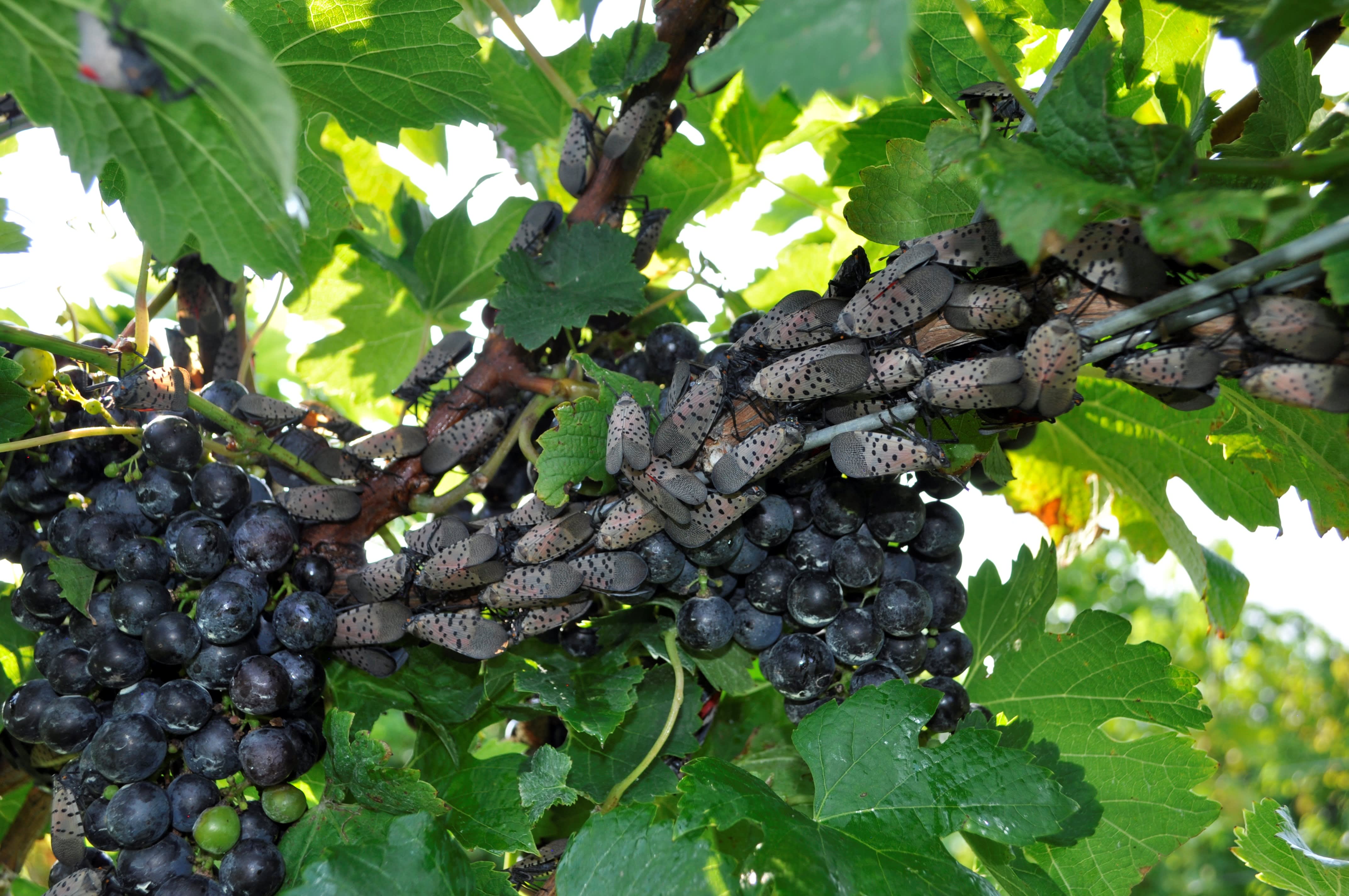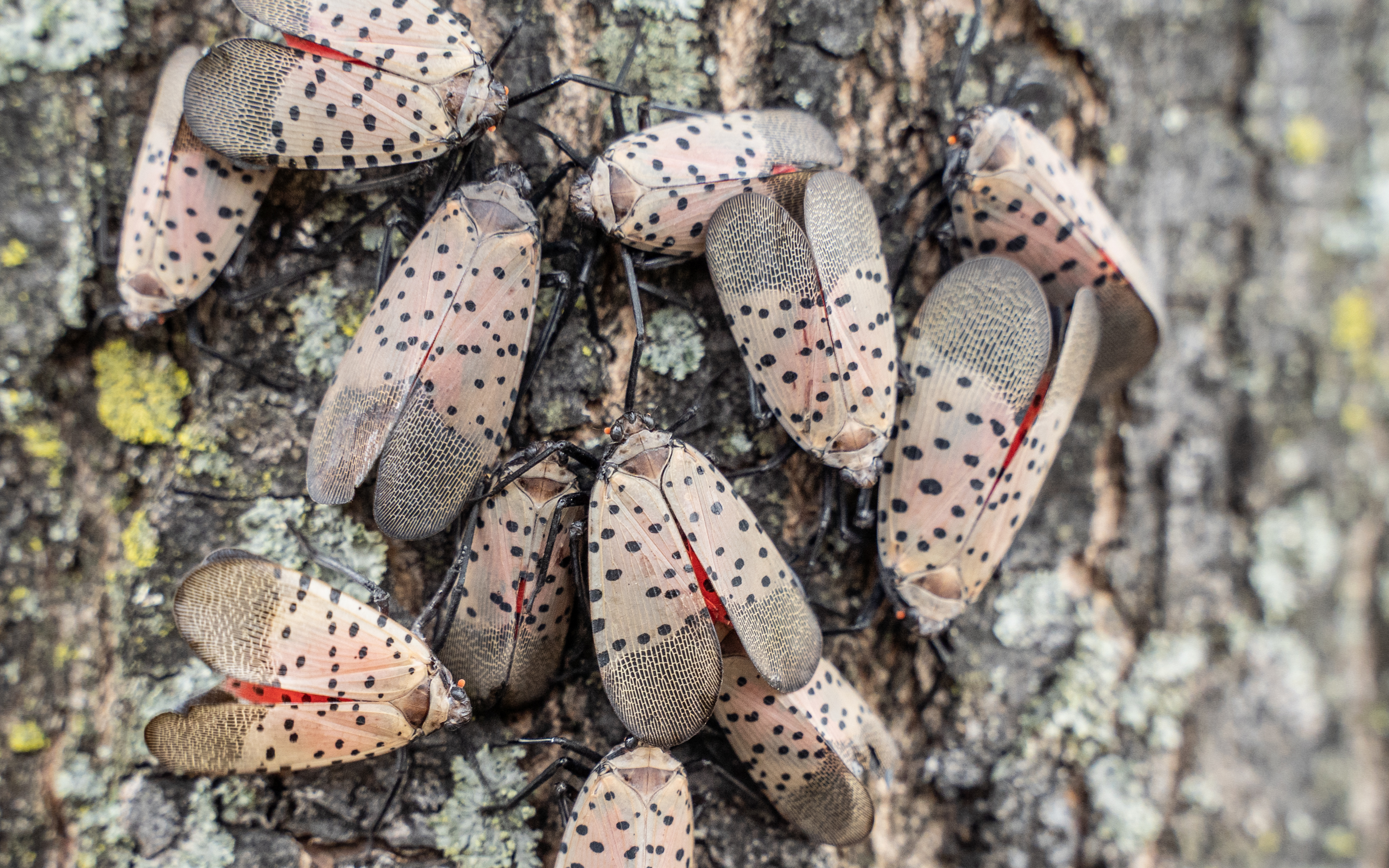Researchers are enlisting man's best friend in the fight against an invasive insect.
Spotted lanternflies first arrived in the U.S. from China in 2014 and have been detected in 14 states over the last decade: Connecticut, Delaware, Indiana, Maryland, Massachusetts, Michigan, New Jersey, New York, North Carolina, Ohio, Pennsylvania, Rhode Island, Virginia and West Virginia.
The "sucking insects" drain plants of their nutrients and excrete a liquid known as "honeydew" that creates mold growth. While the wine-cork-sized pests have mostly resided in the northeast and Mid-Atlantic, there's concern over their potential impact at vineyards out west.
"It poses a major threat for our grape growers, where it's already caused tens of millions of dollars of damage," Michael Raupp, who is a professor in the University of Maryland's Department of Entomology, told TODAY.
Get top local stories in San Diego delivered to you every morning. >Sign up for NBC San Diego's News Headlines newsletter.
Teams at Virginia Tech and Texas Tech have turned to dogs for a natural -- and effective -- solution.
Early detection is key in combating the spread of spotted lanternflies, so researchers are training dogs to sniff out nests before they hatch.
"We think what the dog and handler teams might be really useful for is preventing further spread so that they can go through and check a winery, check the vineyards and make sure there are no egg masses," Erica Feuerbacher, Ph.D., from the Virginia Tech's Department of Animal and Poultry Sciences told TODAY.
With egg-laying season underway, there are other preventative efforts people can take against spotted lanternflies. As NBC's Emilie Ikeda demonstrated on TODAY, using a ruler or credit card, people can scrape egg masses off trees and into bags with hand sanitizer inside to kill them.



